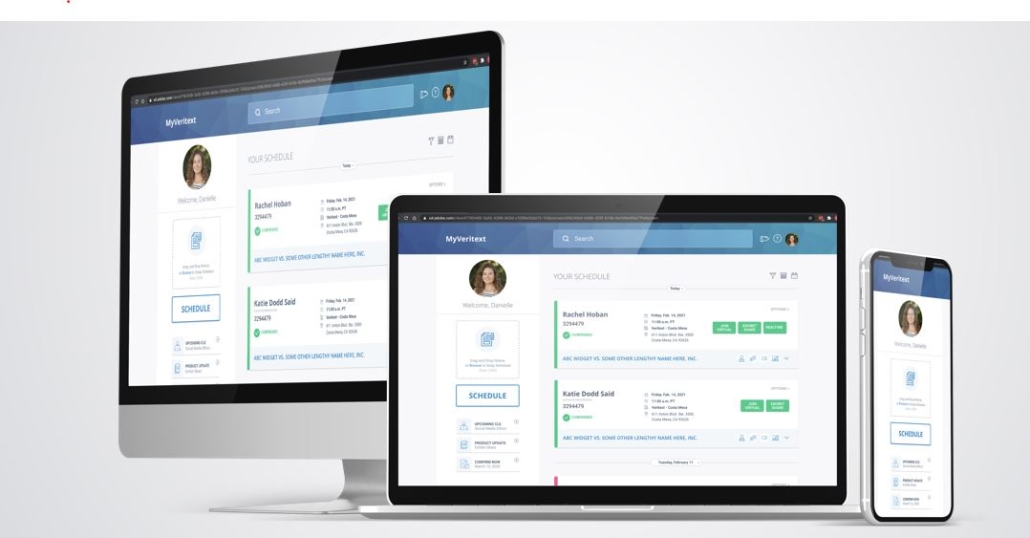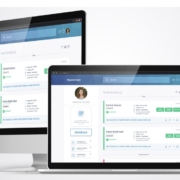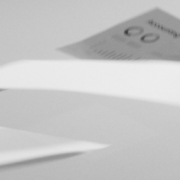“Going paperless” in the legal world has been a challenge that many of us have been facing head on for many years now. In an industry that has been nearly built on documents, files and bankers boxes, it can be a terrifying endeavour.
Clearly the adaptation of virtual and digital technology into the legal justice system is not based on jumping on the latest bandwagon and grabbing the shiny new toy. In fact we already have a working model here in BC: the Civil Resolution Tribunal combines proven technology with flexibility and case management to resolve small-value property and land disputes. Applicants can avoid a pricey trip to the supreme court, where legal costs could easily end up higher than the original sums in dispute.
The main goal is access to justice for all people, no matter where they are or what their circumstances are. Our commitment is to develop and provide tech that connects, and we want the use of technology to enhance rather than hinder people’s experiences.
At the heart of all legal proceedings is the record — official and supportive documentation in all forms. For many the idea of going paperless seems to contravene everything that we envision when we think about the world of law and immediately picture stacks of documents and piles of bankers boxes filled with files. How do we truly manage all of that digitally?
Going paperless needs to be cost-effective, easily managed and accessible to all involved. With advanced planning and cooperation between counsel and the court, paperless trials will not only save time but also significantly reduce legal fees, eliminate the costs of reproducing and handling paper, streamline the presentation of evidence and lead to better trial outcomes.
E-discoveries and transcript bundles are here, and we can help.
Digital technology can allow the sharing of court information (such as disclosures and discovery data) between participants effectively and with privacy and security requirements in place.
Our transcript bundles allow you to unlock the power of your cross-examination by placing both the oral testimony and the documents you put to the witness right at your fingertips, directly where they are referenced in the transcript. Judges love the convenience of reviewing witness testimony, trial exhibits, closing argument and case law with the click of a hyperlink, particularly since our bundles are fully searchable, with excerpts from the proceedings easily copied/pasted directly into the judge’s reasons for judgment.
You can see a sample of a transcript bundle here.
“We remain in an era of threat, with risks of barely functioning court systems, greatly reduced access to justice, and, in turn, a potential weakening of the rule of law. We are also in an era of opportunity — the chance to build boldly on the shift of attitude and on demonstrable recent successes with technology, and to put in place improved, sustainable court services that are much more accessible than today’s.”
— Richard Susskind, “The Future of Courts”
Going paperless is not just part of the new digital court system; it can also better accommodate remote working arrangements in your law offices while keeping documents more organized and secure. By going paperless, you can also make a positive environmental impact by leading the change towards protecting the environment.
Contact us today to learn more.












